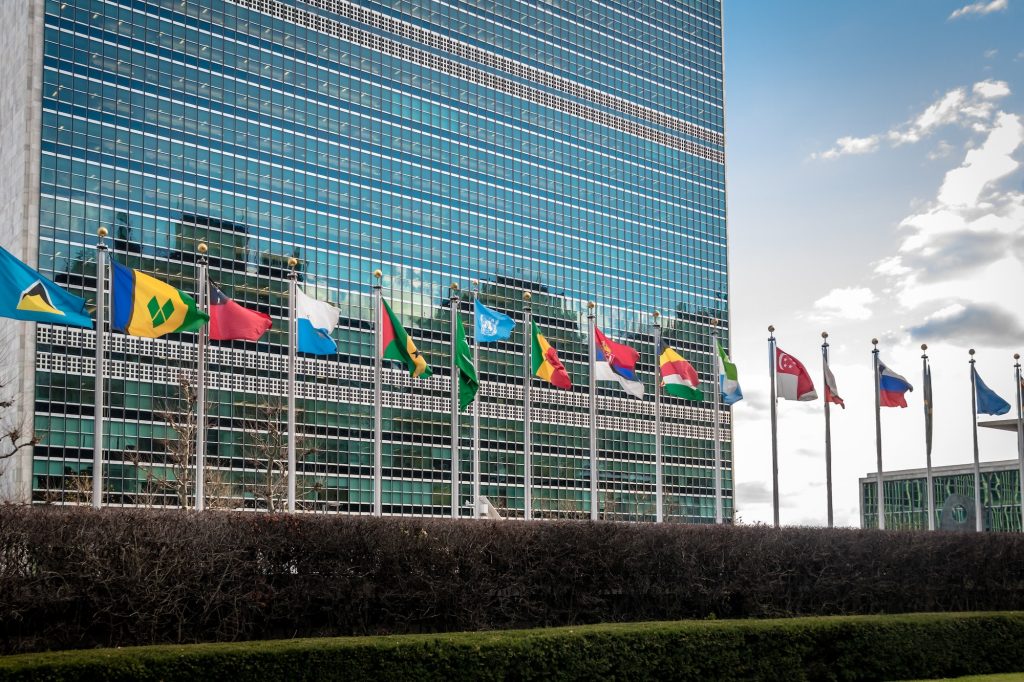
Diplomatic etiquette plays a crucial role in shaping the outcomes of negotiations and diplomacy. It is a set of rules and customs that govern the behavior and conduct of diplomats, ensuring smooth communication and fostering mutual respect between nations. The impact of diplomatic etiquette on negotiations can be seen in various aspects, such as establishing trust, managing conflicts, and promoting effective communication.
Firstly, diplomatic etiquette helps establish trust between negotiating parties. Trust is the foundation upon which successful negotiations are built. By adhering to diplomatic protocols, diplomats demonstrate their commitment to respecting each other’s sovereignty and interests. This creates an atmosphere of mutual respect and understanding, which is essential for productive discussions. When negotiators feel respected and valued, they are more likely to engage in open dialogue and make concessions that lead to mutually beneficial outcomes.
Moreover, diplomatic etiquette aids in managing conflicts during negotiations. Conflicts are inevitable when different nations come together to discuss their interests. However, by following established protocols, diplomats can navigate these conflicts tactfully and professionally. For example, polite language, maintaining composure even in heated discussions, and avoiding personal attacks can help de-escalate negotiation tensions. This allows negotiators to focus on finding common ground rather than getting caught up in unnecessary disputes.
Furthermore, diplomatic etiquette promotes effective communication between negotiating parties. Effective communication is vital for understanding each other’s perspectives and finding areas of agreement. Diplomats who adhere to proper etiquette demonstrate active listening skills by allowing others to express their views without interruption or judgment. They also use diplomatic language that is respectful yet assertive when presenting their positions or concerns.
In addition to verbal communication, non-verbal cues play a significant role in diplomacy outcomes. Body language, such as maintaining eye contact, using appropriate gestures, and displaying an open posture, can convey sincerity and build rapport with counterparts from different cultures or backgrounds. These non-verbal cues help bridge cultural gaps and foster understanding and trust between negotiating parties.
It is essential to note that diplomatic etiquette should not be seen as a rigid set of rules restricting creativity or flexibility in negotiations. It is a framework that guides diplomats in navigating complex diplomatic interactions. Flexibility within the etiquette boundaries allows negotiators to adapt their approaches based on each negotiation’s context and dynamics.
Establishing trust, managing conflicts, and promoting effective communication creates an environment conducive to productive discussions and mutually beneficial agreements. Diplomats who adhere to proper etiquette demonstrate respect for one another’s sovereignty and interests, paving the way for successful diplomacy. However, it is crucial to strike a balance between adhering to diplomatic protocols and being flexible enough to adapt strategies based on the unique circumstances of each negotiation.
